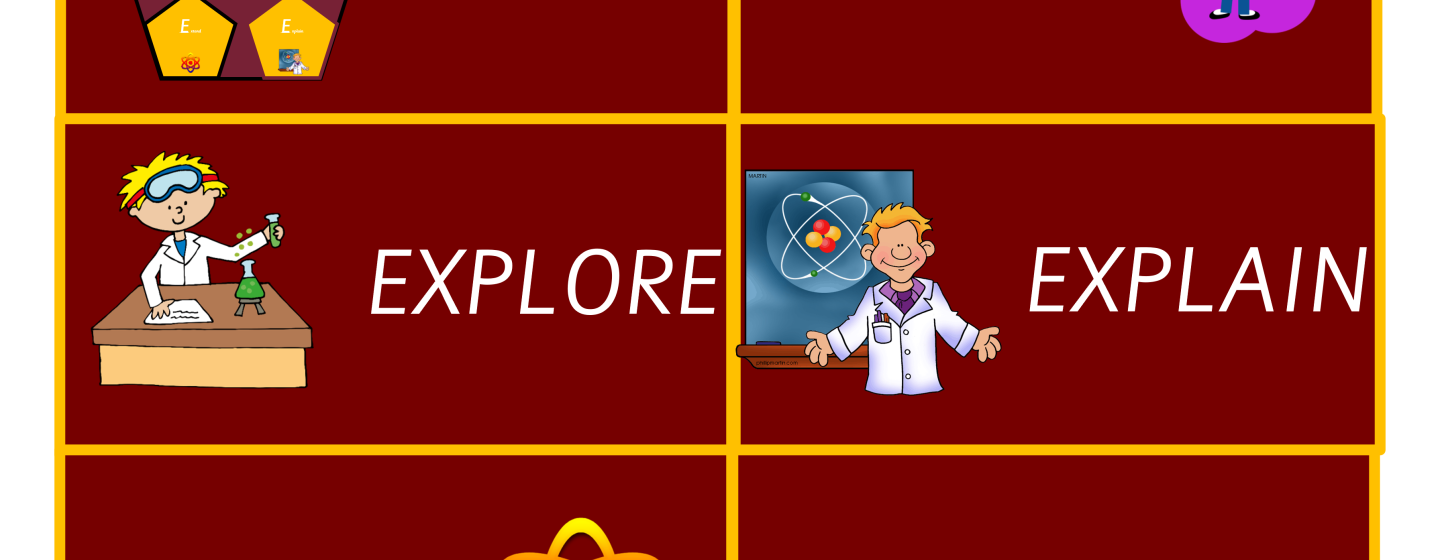
Science
Intent:
At Goldsmith, we are scientists...
At Goldsmith, it is our intention that our pupils become active and inquisitive scientists. By delivering a highly practical curriculum focussed on investigative (fair tests, research, analysing and presenting) skills, we are able to deliver the 2014 National Curriculum for science aims:
- All pupils develop scientific knowledge and conceptual understanding through the specific disciplines of biology, chemistry and physics.
- All pupils develop understanding of the nature, processes and methods of science through different types of science enquiries that help them to answer scientific questions about the world around them.
- All pupils are equipped with the scientific skills required to understand the uses and implications of science, today and for the future. We understand that it is important for lessons to have a skills-based focus, and that the knowledge can be taught through this.
- We encourage children to be inquisitive throughout their time at the school and beyond. The Science curriculum fosters a healthy curiosity in children about our universe and promotes respect for the living and non-living.
Implementation:
What is our curriculum?
EYFS - The strand ‘Understanding the World’ is mapped out in the Development Matters document for EYFS. Each aspect of science within this covered thematically which is documented in the WAT Primary Science Overview.
KS1 - The different strands of science, namely Materials, Animals including humans, Living things and their habitats- are taught termly. There is also a year long investigation - Seasonal changes for Year 1 and Growing plants for Year 2. Working Scientifically skills are introduced as a 3 week block at the start of the year and then revisited throughout each knowledge unit. This is documented in the WAT Primary Science Overview.
KS2 - The Physics, Chemistry and Biology knowledge units are taught in termly or half termly blocks. Working Scientifically skills are introduced as a 3 week block at the start of the year and then revisited throughout each knowledge unit. This is documented in the WAT Primary Science Overview.
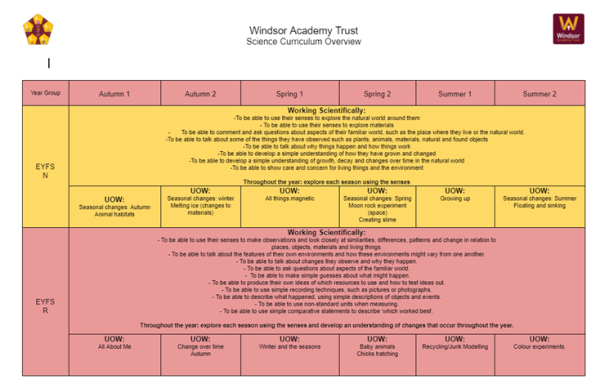 When is it taught?
When is it taught?
EYFS - Understanding of the World is covered thematically throughout continuous and child initiated provision. This may be taught as a focus week or incidentally through the stimulus of subject matter.
KS1 and 2 - Science is taught for 2 hours per week, following the WAT Primary Science Overview. This will usually be taught during afternoon sessions. Science curriculum content may be covered incidentally though the wider thematic curriculum, PE and PSHE, however science is planned for discretely, with practitioners making non-tenuous links, where possible. Children are also exposed to science subject matter in forest school, periodically throughout the year.
How is it taught?
EYFS- Science is taught through a mixture of direct teaching, continuous provision and experiences such as theme days and visits.
KS1 and 2 - Science is taught weekly using the WAT 5Es of Science Teaching Model; a specifically devised adaptation of the WAT Teaching and Learning Cycle. Lessons will be structured so as to include each element of the model. Some lessons may see the 5Es taught in a cyclic form, others may use the 5Es in an alternate order. The premise of the 5Es is to ensure that practical investigations are used as frequently as possible and are at the heart of science pedagogy at Goldsmith.
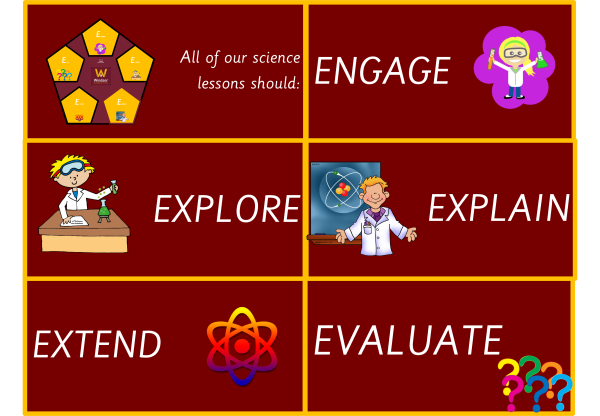
Impact:
How is impact measured?
Teachers assess during lessons through AfL and during and after lessons as part of our feed-forward policy. Teachers assess pupils at the end of each science unit, using assessment materials, as directed by WAT Primary Science Leads. Teachers are required to use these assessments alongside conclusions drawn by pupils following an investigation, to make teacher assessments against the key objectives in each year group. These are recorded on Insight Tracker in line with other core curriculum subjects. In years 2 and 6, teachers make more detailed assessments of pupils' achievement against the teacher assessment frameworks for key transition points.
How do we know children have made progress?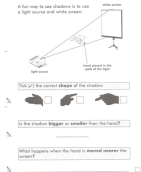
Judgements on the progress children make is based on the conclusions that are drawn following an investigation and from the assessment administered at the end of each science knowledge unit. Evidence of progress would be found in pupil’s written work or from conclusions drawn orally to the class teacher. These conclusions would also show demonstrable improvement in the use of appropriate scientific vocabulary which exemplifies the knowledge which has been imparted.
How do we challenge and support lack of progress?
Lack of progress may be identified through analysis of assessment data by science leads. Gaps in knowledge identified in assessments will be filled through subsequent SMART Start activities. Lack of progress would also be identified during work scrutiny. It will be supported through co-planning with a science lead to ensure the inclusion of quality first teaching and addition of appropriate scaffolds such as word banks or differentiated equipment.
How are we inclusive?
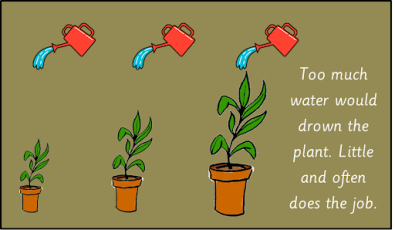 We aim for all science lessons to be inclusive and enable pupils to succeed. By their very nature, a highly practical science curriculum will ensure that all pupils experience science ‘hands on’. Our teachers make reasonable adjustments to sessions to enable all pupils to record effectively and discuss their scientific findings. Pupils attainment in science is never solely judged on their ability to record, unaided.
We aim for all science lessons to be inclusive and enable pupils to succeed. By their very nature, a highly practical science curriculum will ensure that all pupils experience science ‘hands on’. Our teachers make reasonable adjustments to sessions to enable all pupils to record effectively and discuss their scientific findings. Pupils attainment in science is never solely judged on their ability to record, unaided.

